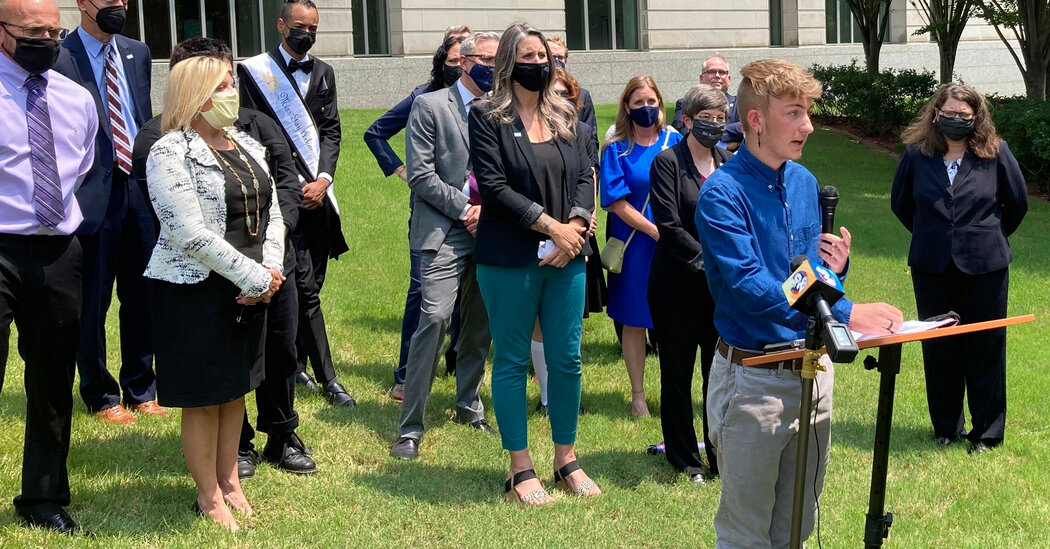Judge James M. Moody Jr. of Federal District Court in Little Rock said the law both discriminated against transgender people and violated the constitutional rights of doctors. He also said that the state of Arkansas had failed to substantially prove a number of its claims, including that the care was experimental or carelessly prescribed to teenagers.



People need to shift their perspective a bit to understand why conservatives keep fighting an obviously stupid war. It isn’t about the specific group they’re trying to demonize. It’s about having something to fight, period. They lost on gay marriage - if they actually thought it was so terrible, they would still be fighting it. The same is true for Trans exclusionary laws. Anyone can do the math and realize that the societal harm caused if you assume even their wildest claims are true is dwarfed by the political money required to fight for and against these laws. And money, of course, is the root of the problem.
As long as they have an unlimited number of people to punch down at, they can keep riling up their bases. That means they have job security, and they can exploit these positions for “legal” bribes through cushy retirement jobs and conduct their real (economic) war on behalf of the rich.
@Sooperstition @Lucien
The Economic Policy Institute in the US published a study at the beginning of 2023. They analysed a lot of data (highly recommended read) and concluded:
Source: The economics of abortion bans